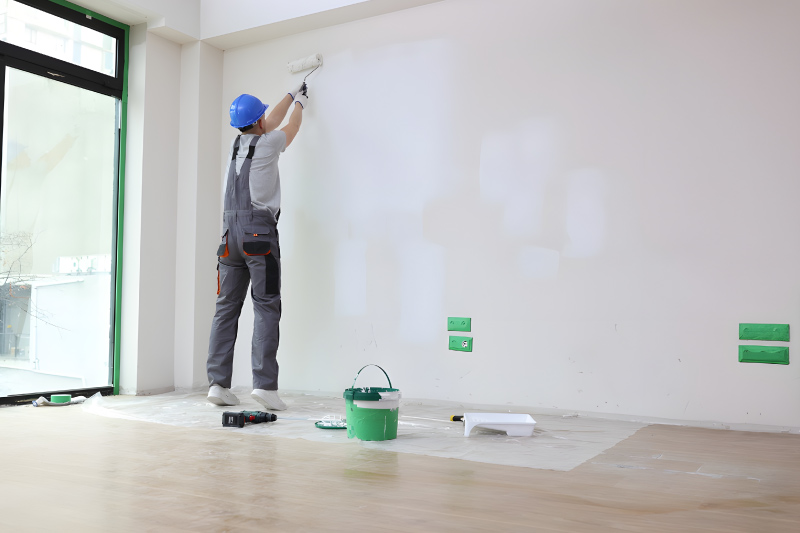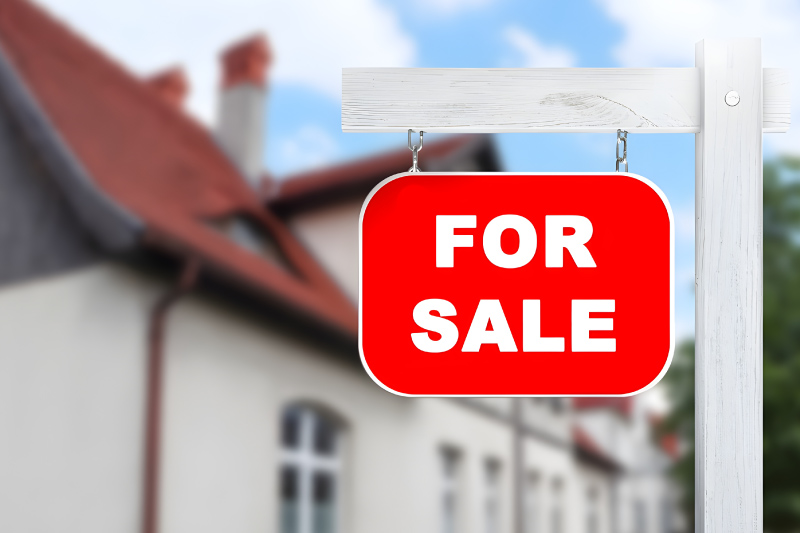Ten Things You Need to Know Before Selling Your Home
By Robert C. Baker
Selling your home can be an exciting but complex process, whether it’s your first time or if you haven’t sold a home in years. To ensure you get the best possible outcome, there are several steps you should take before listing your home. Here are ten crucial things you need to know and do before putting your house on the market.
1. Understand Your Home’s Market Value
Before listing your home, it’s essential to understand its current market value. This isn’t just about checking online estimates, which may or may not provide an accurate dollar amount for a potential listing price. A better option is to consult a real estate agent for a Comparative Market Analysis (CMA). This report will give you a detailed overview of similar homes in your area, helping you set a competitive price that attracts buyers while ensuring you get the best return on your investment.
2. Declutter, Depersonalize and Box Up
Potential buyers need to visualize themselves living in your home, which can be difficult if the space is filled with personal items and clutter. Start by removing family photos, unique art, and excessive furniture. Simplifying the space will make your home appear larger and more appealing. Children’s toys, seldom-used clothing and cookware, and other items can be boxed up to make room. Besides, boxing and storing items helps create emotional distance from your current home and increases joyful anticipation for the next chapter of your life.
3. Make Necessary Repairs
Buyers are often looking for a move-in-ready home. Addressing minor repairs, like fixing leaky faucets, replacing broken tiles, or patching holes and repainting scuffed walls, can make a big difference. Have the HVAC serviced and replace the filter. Replace burned-out lightbulbs and make sure that all light switches and sockets are operational. Ensure that all appliances work properly. Finally, consider a pre-listing inspection to identify any hidden issues that might deter buyers.
4. Boost Your Curb Appeal
First impressions matter, and the exterior of your home is the first thing buyers will see. Simple tasks like mowing the lawn, trimming shrubbery, planting flowers, spreading some mulch and painting the front door can significantly improve your home’s curb appeal. Consider replacing the front door doorknob if it is tarnished or cruddy; it may be the first thing your prospective buyer touches. A well-maintained exterior invites buyers to see more.
5. Stage Your Home
Staging isn’t just about placing furniture; it’s about creating an environment that appeals to the broadest range of buyers. If you’re on a budget, stage your home yourself by keeping personal décor to a minimum and by storing well-worn furniture and area rugs. Fresh flowers, a new throw rug or shower curtain, and a well-set dining table can go a long way. If price is no object, consider hiring a professional stager who can arrange your furniture and décor to highlight your home’s best features.
6. Know the Costs of Selling
Selling a home isn’t free. Typical costs include agent commissions, seller concessions (if applicable), repairs, and staging expenses. Closing costs, deducted at closing, can include transfer or excise taxes, prorated property taxes, title charges and recording fees. Having a clear understanding of these costs upfront can help you budget and avoid surprises at closing. Your real estate can provide you with a “net sheet”, a “good faith” approximation of what you can expect at closing.
7. Consider a Pre-Sale Inspection
A pre-sale inspection can be a smart move, especially in older homes. This inspection can uncover issues that might come up later in a buyer’s inspection, giving you the chance to address them before listing. This proactive approach can also build trust with potential buyers. Do note that anything negative known by the seller or discovered during a pre-sale inspection report, if not repaired or replaced before your home goes on the market, will need to be disclosed to potential buyers. For further information, speak to your real estate agent.
8. Get Your Paperwork in Order
Before listing your home, gather all important documents, including your deed and past utility bills. List all significant repairs to your home, and provide the names and contact information of vendors, copies of receipts and permits, warranties and dates the repairs were made. Collect all home appliance user guides and warranties and place them in a folder for your buyers. Having these documents readily available can expedite the selling process and reassure buyers of the home’s condition.
9. Choose the Right Real Estate Agent
Your real estate agent is your partner in the selling process. Too often sellers choose family members or friends, who lack experience in the industry, or make their selection chiefly on popular social media accounts. Choose someone with a strong track record in your area, who understands the local market, and who you feel comfortable working with. Your agent’s previous business or marketing experience outside of real estate may be of great advantage to you. Certainly, the right agent can make the difference between a smooth sale and a stressful one.
10. Plan Your Next Move
Before you list your home, have a plan for where you’ll go next. Whether you’re buying another home, moving into a rental, or staying with family, knowing your next steps will reduce stress and ensure a smoother transition. If you’re staying in the same area, consider working with the same agent for both transactions, which will simplify things for you. In low inventory situations, consider your options and budget for renting, until your next home becomes available.
By following these ten steps, you’ll be well-prepared to list your home and attract serious buyers, potentially leading to a quicker sale at a price that meets your expectations. If you’re thinking about listing your home, give me a call or text (423) 443-1649. I’ll be sure to respond to your communication promptly!





